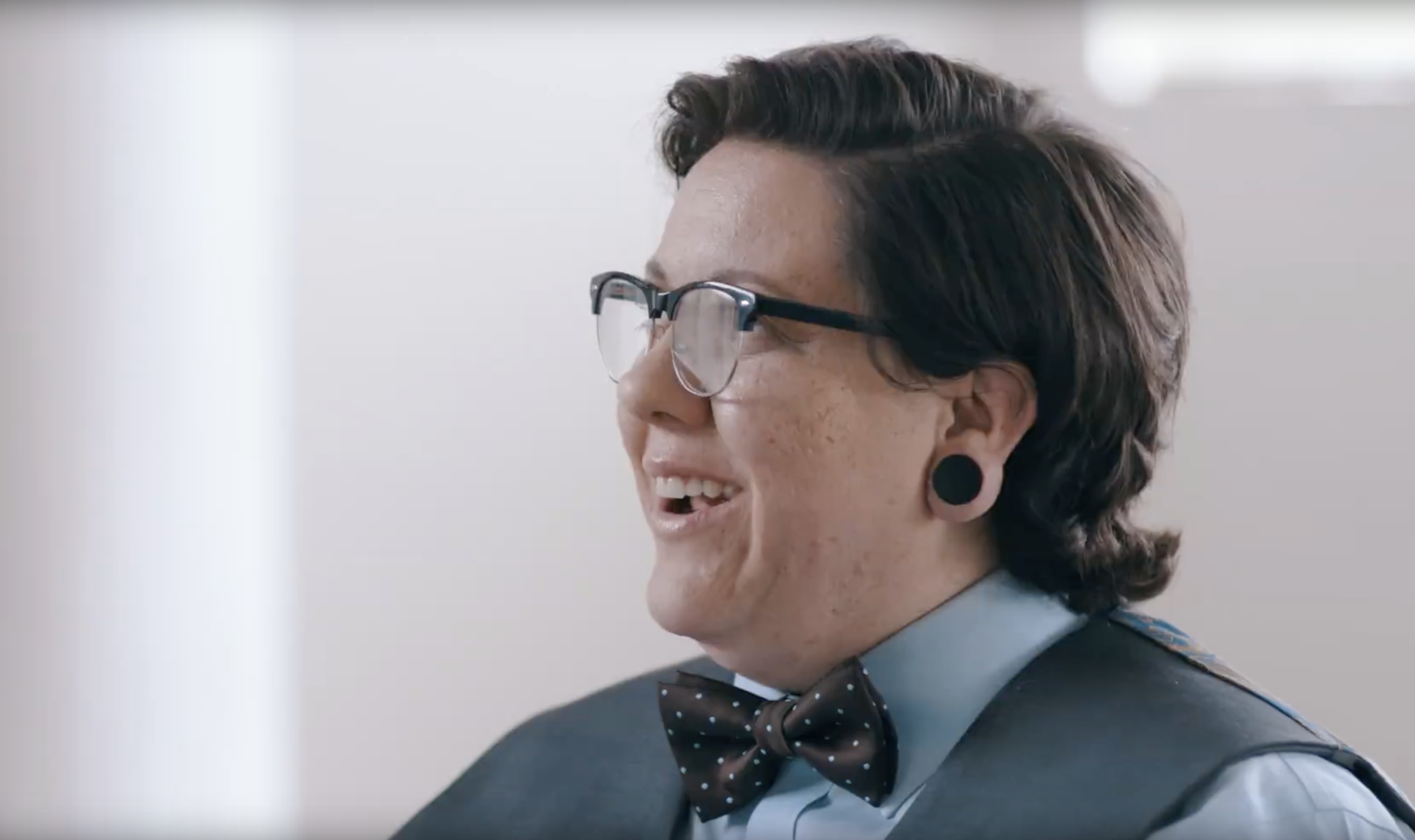Janet Mock Tackles Pretty Privilege: It's Real, And It's Being Ignored
Privilege is something that many of us have been blessed with, whether that be in the form of whiteness, thinness, cisness, straightness, able-bodiedness, or other. An important part of being an ally is to recognise your privilege and allow the voices of those who are marginalised to do the talking. One privilege in particular, however, is overlooked: pretty privilege. Yes, it is real, and yes, it is ignored. Think about it: were there girls in your school that were treated better just because they were pretty? I'll take that as a yes.
LGBTQA+ activist Janet Mock writes a fortnightly column for Allure - Beauty Beyond Binaries - with her most recent contribution tackling the idea of pretty privilege, it's realness, and people's ability to ignore it's benefits.
In her latest post, Being Pretty Is A Privilege That We Refuse To Acknowledge, she said:
“Pretty privilege can give way to more popularity, high grades, more positive work reviews, and career advancement. People who are considered pretty are more likely to be hired, have higher salaries, and are less likely to be found guilty and are sentenced less harshly...People treat pretty people better.”
Mock discussed how as her medical transition began at school, the way she was treated as a result of becoming “passable” as a cis girl. “I began living my teenage dream: I was seen and accepted as just another girl...Suddenly, I was let in, and I did nothing to earn the attention my prettiness granted me.”
Like anyone who experiences any form of privilege should, she acknowledges it through the lens of her own self, being a black and native Hawaiian trans woman, and describes how pretty privilege has benefitted her in terms of her career:
“Here's the math: If I did not look the way I do, then I would not be on TV or on two book covers. I would not have a beauty column or an Instagram with more than 100,000 followers. This does not mean that I have not put in work and effort and done my job well, but my beauty is not something that I earned. I did not work for it, yet it has opened doors for me, allowing me to be seen and heard. And for me to pretend that it does not exist denies the ways in which being perceived as pretty has contributed to my success and made the road a bit smoother.”
Credit: Instagram/@janetmock
Despite the recognition of her own privilege, she makes a wonderful point with regards to why and how pretty privilege can be swept under the rug.
“It's unbecoming to acknowledge your attractiveness, so it creates a silence around pretty privilege that only elevates the competitiveness and divisiveness between women who are told we must compare, compete, and measure up in a lookist culture.”
Also it's important to remember the combination of privilege that Mock both has and lacks, which shows how being pretty can influence your overall level of privilege within certain spaces, thus consolidating the case of pretty privilege's existence. Whilst tackling the idea of privilege can be awkward or make many individually not wish to discuss it, as Mock points out, our acknowledgment is the only thing that can break down these hierarchy-style systems. If this is the first time for you that you've thought about prettiness as a societal privilege and parallel to that of whiteness, cisness, and so on, then the post is a great read. Even if it's not a first for you, give it a read along with the rest of Beauty Beyond Binaries if you want some intelligent and thought-provoking about the intersections of beauty.









